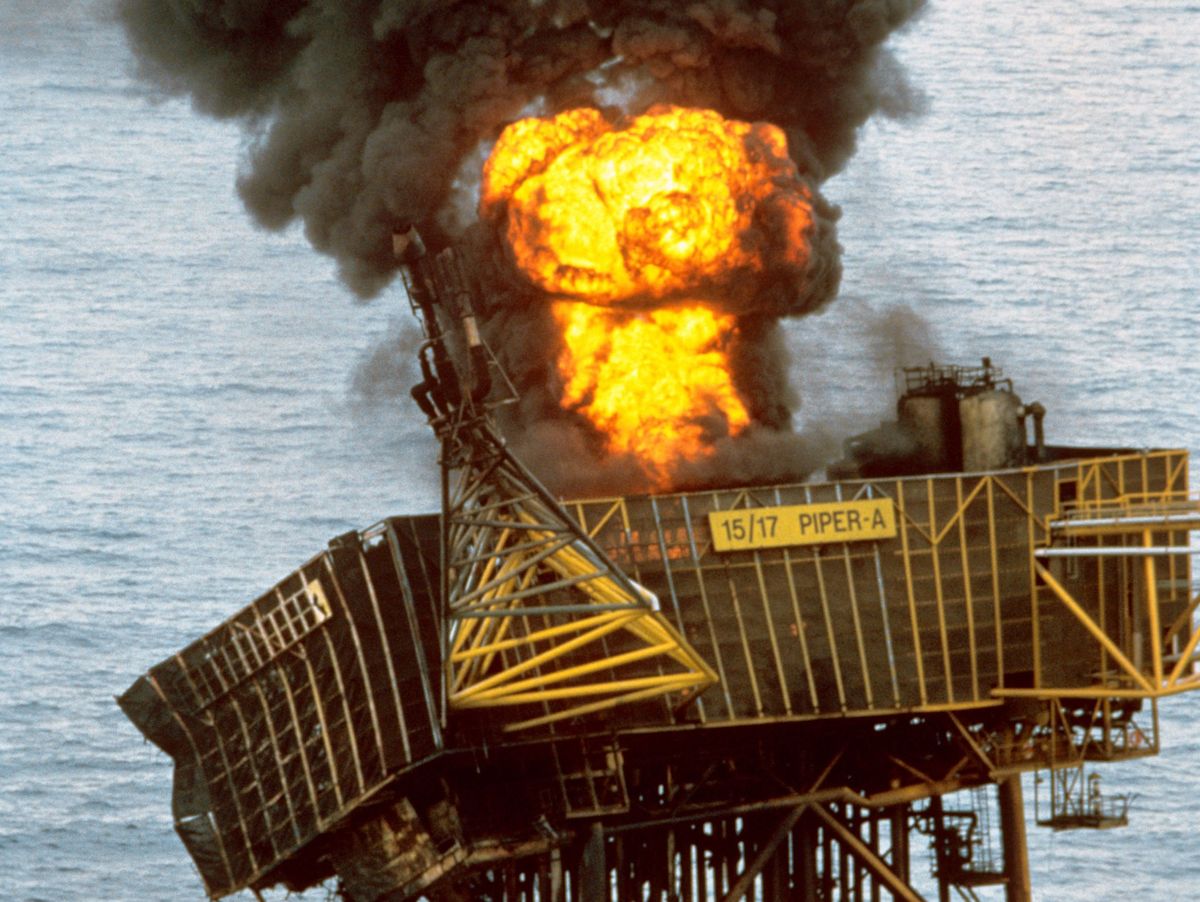
Introduction
The Piper Alpha disaster, which occurred on July 6, 1988, stands as one of the deadliest accidents in the history of offshore oil production. This tragic event, which took the lives of 167 workers, not only reshaped safety protocols within the oil and gas industry but also highlighted the inherent risks associated with offshore activities. Understanding the details of this disaster is crucial for ongoing discussions surrounding workplace safety and regulatory measures in highly hazardous environments.
The Incident
The disaster took place on the Piper Alpha oil platform, located in the North Sea, approximately 120 miles northeast of Aberdeen, Scotland. A series of explosions and fires were triggered following a gas leak caused by a technician’s error during maintenance. The platform, fully operational at the time, was not prepared for the consequences of the gas release, leading to catastrophic failures in the safety management systems in place.
As the fire spread rapidly, workers faced an immediate threat to their lives. Despite efforts to evacuate, the ill-fated platform allowed limited escape routes, resulting in confusion and panic among those trying to survive. Within hours, the situation escalated into a full-scale inferno, which was so intense that nearby vessels were forced to flee from the towering flames. Rescue operations were hindered by the extreme heat and worsening weather conditions.
Aftermath and Investigations
The final toll of the disaster was devastating; 167 workers perished, with many more suffering from long-term health issues following their survival. An inquiry led by Lord Cullen revealed significant shortcomings in safety protocols. Findings showed a lack of communication, inadequate training, and tragic lapses in the maintenance of safety systems.
In response to the findings, the oil and gas industry has since re-evaluated its safety protocols. New regulations were implemented, including stricter safety management systems and enhanced training protocols for offshore workers. The Cullen inquiry played a crucial role in revolutionising safety practices and protocols in the oil industry, promoting a culture of safety first.
Significance of the Piper Alpha Disaster
The Piper Alpha disaster serves as a cautionary tale that underscores the importance of rigorous safety measures in high-risk industries. In the wake of its legacy, regulatory bodies globally have adopted more stringent safety standards and oversight mechanisms to prevent similar occurrences. The industry’s commitment to safety has evolved significantly, but the lessons of Piper Alpha remain relevant for preventing future tragedies.
Conclusion
The Piper Alpha disaster was not just an industrial accident but a pivotal moment that changed the landscape of offshore safety forever. By acknowledging the mistakes of the past and adhering to the lessons learned, the oil and gas sector aims to ensure such a tragedy is never repeated. The ongoing dedication to improving safety standards ultimately not only safeguards the lives of workers but also reinforces the industry’s commitment to responsible operational practices.
You may also like

Discovering Yehvann Diouf: A Future Football Star

The Rise of Alfie Lloyd: A Fresh Voice in Music
